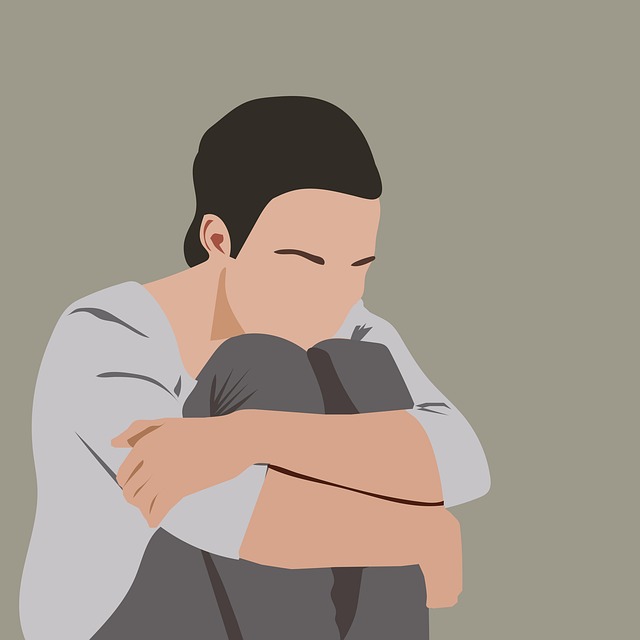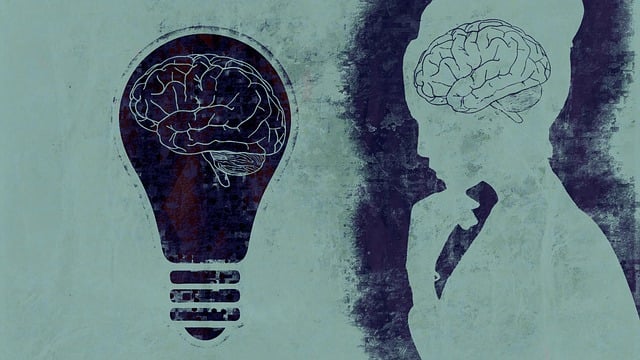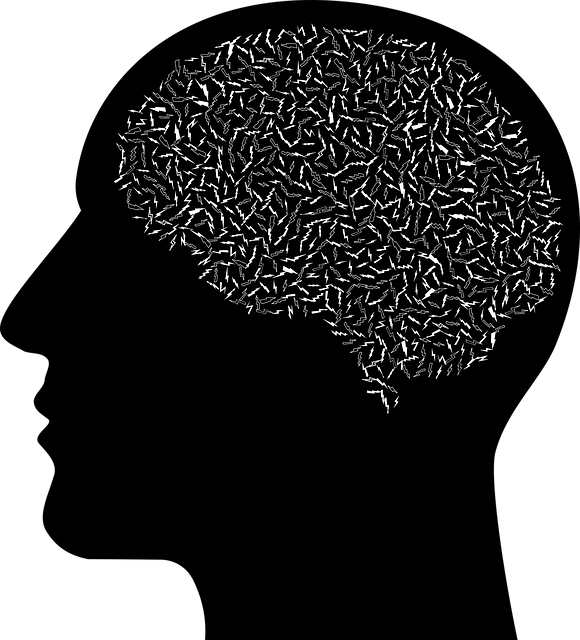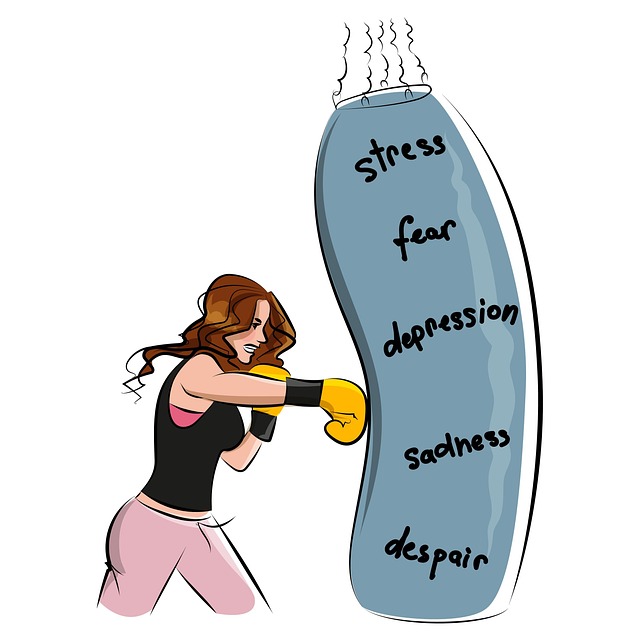Obsessive Compulsive Disorder (OCD) is a debilitating mental health condition characterized by intrusive thoughts and repetitive behaviors, impacting daily life. Effective therapies like cognitive-behavioral therapy (CBT) with Exposure and Response Prevention (ERP) are available, along with emerging approaches such as RFM (Resilience, Flexibility, and Mastery) therapy. This holistic method strengthens clients' resilience, enhances mental wellness, and equips them to manage OCD symptoms while navigating life's uncertainties. Resilience-building exercises focus on challenging negative thought patterns, improving decision-making, and fostering emotional well-being. Tailored mental health programs for OCD, emphasizing evidence-based strategies and education, significantly enhance quality of life, demonstrating the importance of specialized therapy in managing this complex condition.
“Unraveling the complexities of Obsessive Compulsive Disorder (OCD) is a crucial step towards effective therapy. This article delves into an innovative approach, RFM (Resistance and Resilience Model), offering a fresh perspective on OCD treatment. We explore how this method combines resistance techniques with resilience-building exercises to empower individuals in managing their symptoms.
From understanding the impact of OCD to its successful implementation in clinical practice, real-life success stories highlight the transformative power of RFM. Discover how this unique therapy fosters resilience and provides valuable insights for those seeking effective treatment options.”
- Understanding OCD and Its Impact
- Introducing RFM: A Unique Approach to Therapy
- The Role of Resilience-Building Exercises
- Implementing RFM in Clinical Practice
- Real-Life Success Stories and Takeaways
Understanding OCD and Its Impact

Obsessive Compulsive Disorder (OCD) is a mental health condition characterized by intrusive thoughts and repetitive behaviors that individuals feel compelled to perform. These obsessions and compulsions can significantly impact daily life, causing anxiety, distress, and even severe dysfunction. Understanding OCD involves recognizing these recurring themes, which may include excessive worry about contamination, symmetry, or doubt, leading to rituals like repeated handwashing, checking, or counting.
The impact of OCD extends beyond the individual, affecting relationships, work, and overall quality of life. Fortunately, therapy for Obsessive Compulsive Disorder is available and effective. Cognitive-behavioral therapy (CBT), specifically Exposure and Response Prevention (ERP), has shown remarkable success in helping individuals manage their symptoms. By developing coping skills through self-awareness exercises tailored to their specific obsessions, individuals can gradually reduce the impact of OCD on their lives. Additionally, cultural sensitivity in mental healthcare practice ensures that treatment is accessible and effective for people from diverse backgrounds.
Introducing RFM: A Unique Approach to Therapy

Introducing RFM (Resilience, Flexibility, and Mastery) as a unique approach to therapy is transforming the way we support individuals dealing with various mental health challenges, particularly Obsessive Compulsive Disorder (OCD). This innovative method focuses on building resilience, fostering adaptability, and empowering clients to take control of their lives. By integrating techniques that enhance self-esteem improvement and provide trauma support services, RFM offers a holistic approach to therapy.
Compared to traditional methods that often concentrate solely on addressing symptoms, RFM aims to strengthen individuals’ inherent capacity for recovery. It encourages clients to embrace challenges as opportunities for growth, promoting mental wellness through a range of exercises designed to improve flexibility in thinking and behaviour. This approach not only helps manage OCD symptoms but also equips individuals with tools to navigate life’s uncertainties, fostering a sense of mastery over their thoughts and actions.
The Role of Resilience-Building Exercises

Resilience-building exercises play a pivotal role in fostering emotional well-being and mental fortitude, especially for individuals grappling with conditions like obsessive-compulsive disorder (OCD). These therapeutic interventions focus on equipping people with effective coping strategies to navigate life’s challenges. By engaging in activities that encourage mind over matter principles, participants can enhance their ability to manage stress, anxiety, and intrusive thoughts, which are common symptoms of OCD.
Through various exercises, resilience-building therapy for OCD offers a proactive approach to depression prevention. It empowers individuals to challenge negative thought patterns and develop healthier cognitive responses. The techniques employed aim to promote emotional well-being by teaching practical methods to regulate emotions, improve decision-making skills, and build mental stamina, thereby fostering overall resilience and a more balanced perspective on life’s ups and downs.
Implementing RFM in Clinical Practice

Implementing RFM (Resilience, Flexibility, and Mindfulness) in clinical practice offers a promising approach to treating complex mental health conditions such as Obsessive Compulsive Disorder (OCD). This therapeutic framework empowers individuals by equipping them with essential skills to navigate life’s challenges. In the context of OCD therapy, RFM focuses on fostering emotional regulation, enhancing emotional intelligence, and promoting mindfulness practices tailored to each patient’s unique needs.
By integrating RFM techniques, mental healthcare professionals can facilitate a more holistic treatment experience. This includes culturally sensitive approaches that address not only the symptoms of OCD but also the underlying emotional vulnerabilities. Such an inclusive practice considers individual cultural backgrounds, ensuring that therapy aligns with personal beliefs and values while fostering resilience and improving overall well-being.
Real-Life Success Stories and Takeaways

In the realm of mental health awareness and emotional well-being promotion techniques, real-life success stories serve as powerful testimonials to the effectiveness of specific therapeutic approaches. For instance, individuals grappling with obsessive-compulsive disorder (OCD) have found solace through specialized therapy programs designed to address their unique challenges. These tailored interventions not only help in managing symptoms but also foster resilience, enabling individuals to reclaim control over their lives.
The success stories highlight the importance of Mental Health Education Programs Design that go beyond surface-level awareness. By delving into specific disorders like OCD and employing evidence-based strategies, such programs can significantly enhance a person’s ability to navigate life’s stresses and challenges. This, in turn, contributes to broader emotional well-being, demonstrating that investing in mental health is not just beneficial but crucial for a fulfilling and productive existence.
The implementation of RFM, a novel approach combining resilience-building exercises with traditional therapy for obsessive-compulsive disorder (OCD), offers promising results in clinical practice. By integrating these exercises, mental health professionals can empower individuals to navigate and overcome OCD’s challenges more effectively. Real-life success stories highlight the potential of RFM to transform lives, providing a renewed sense of control and resilience against intrusive thoughts. As research continues to explore this method, it holds great promise for improving the quality of life for those suffering from OCD.














